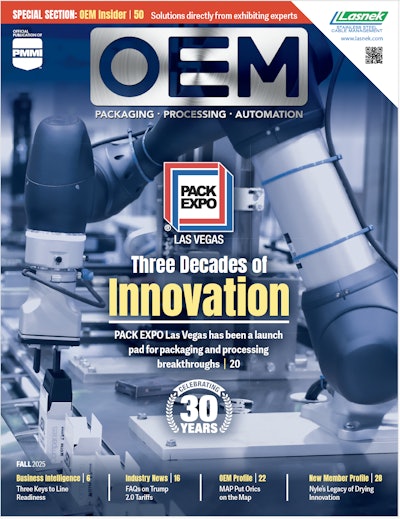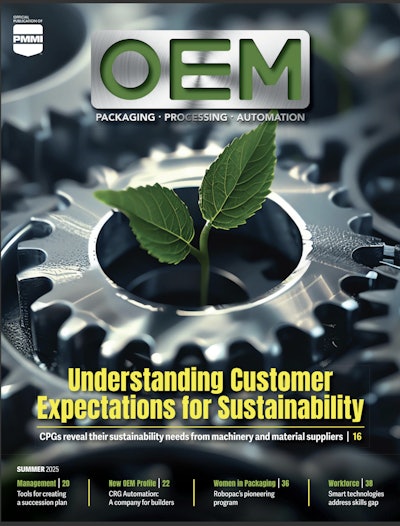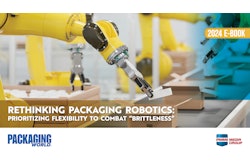In the competitive realm of business, creating a distinctive position against competitors is not merely about offering superior products or services; it's about deeply understanding customer needs and providing solutions that resonate with them.
This principle is exemplified by a leading supplier of specialty resins used in architectural coatings, such as building paint. Facing mounting pressure from increasingly stringent environmental regulations, the supplier embarked on a journey to innovate its offerings while preserving performance standards.
Recognizing that coating manufacturers wouldn't want to compromise performance even in the face of regulatory demands, the supplier developed high-performance resins that enabled compliance without sacrificing quality. However, initial responses from customers, particularly commercial managers, were lukewarm. These managers expressed skepticism about the sales prospects for higher-priced coatings in the face of regulatory mandates.
Surprised by this reaction, the supplier undertook customer value research to gain deeper insights into its customers' requirements and preferences. The supplier uncovered crucial insights through focus groups and field tests with painting contractors and building owners. They realized that while environmental compliance was important, it was just one aspect of a more compelling value proposition.
The research revealed that only 15% of a painting contractor's costs are attributed to coatings, with labor being the most significant cost component. Thus, if a coating could enhance productivity by drying faster and allowing for two coats within a single shift, contractors would be willing to pay a higher price. Armed with these insights, the supplier redefined its value proposition to emphasize environmental compliance and enhanced productivity for contractors.
The new value proposition resonated with coatings customers, who enthusiastically accepted the offering despite the 40% price premium. This example underscores the importance of understanding customer needs beyond surface-level requirements and tailoring solutions accordingly.
Businesses must understand their customers' objectives deeply. It's not just about understanding surface-level needs but delving into what customers are trying to accomplish and their challenges. This understanding allows businesses to position themselves as trusted advisors who can provide tailored solutions that address customers' core needs and aspirations.
In the packaging machinery industry, customers often request a meeting with the engineer because they assume the engineer can solve their problem. But in reality, the salesperson is the one ideally positioned to understand their world more holistically and provide insightful solutions that likely extend beyond the limited scope of problems that an engineer is asked to solve.
Furthermore, best-practice suppliers go to extraordinary lengths to demonstrate the value of their offerings relative to alternatives. For instance, a polymer chemicals company conducted on-site pilots to gather firsthand data on its offerings' performance compared to competitors. This commitment to substantiating value builds trust and credibility with customers.
Moreover, documenting the cost savings and incremental profits delivered to customers is crucial for establishing credibility. Firms like GE meticulously document customer results, showcasing tangible benefits such as cost savings and environmental impact reductions.
Customer value propositions are not static; they require ongoing refinement and adaptation. Businesses must continually identify new value propositions based on changing customer needs and market dynamics.
Too often, salespeople focus solely on product features and specifications, failing to grasp the more profound challenges their customers try to solve. Failing to comprehend your customers' needs mires the sales process in price comparisons and limited vendor relationships. Customers want to hear about more than just speeds and feeds; they want solutions that resonate with their goals and challenges. Reaching that trusted advisor status becomes clear when comparisons to the competition fade, and you're consulted not just on purchases but advice on how to solve manufacturing needs best.
Truly successful sales professionals are those who have fallen in love with their customers' challenges, understand them intimately, and articulate solutions that genuinely address their needs. This approach transforms salespeople from mere product pushers to trusted advisors whom customers turn to for guidance and solutions. By adopting a customer-centric approach and positioning themselves as trusted advisors, businesses can differentiate themselves in the marketplace and drive superior performance.






















